112,000,000 people in Europe menstruate. It matters.
#MenstrualMattersEU is a movement launched by several European associations to bring visibility to a topic often overlooked in European policy: menstruation. Through networking, sharing expertise, and taking action, we promote a society where menstrual poverty no longer exists and access to menstrual health is upheld as a fundamental right.
Our campaign
The weight of period poverty in Europe
In 2025, period poverty is a burden for millions of Europeans and a public health emergency
In the 27 countries of the European Union (EU), there are nearly 112 million people who menstruate. These are European figures we rarely see brought together—because in fact, periods are a topic that remains largely unspoken in the EU.
Today, May 28, 2025, the International Menstrual Health and Hygiene Day, we want to highlight the weight of period poverty and taboo in Europe through the publication of an exclusive survey and actions in European public spaces.
Because in 2025, more than half of Europeans still consider menstruation a taboo topic.
The taboo surrounding periods starts with avoiding the subject. In Europe, like elsewhere, we don’t name periods—and if we do, we use euphemisms and images : Rote Welle (the red wave), Niagara Falls, le mie cose (my things), are just a few examples among more than 5000. While some of these expressions may sound funny, they are actually the first sign of a broader taboo—one that grows into hiding a pad up your sleeve, not daring to raise your hand in class to ask to use the bathroom, having to stay home during your period, or being mocked because of a visible bloodstain.
And while the “Weight of Period poverty in Europe” study confirms how deeply entrenched this taboo still is in European mindsets, it also underscores the urgent need to put periods on the political and social agenda, as the taboo has a massive impact on gender inequalities. From period poverty to the neglect of menstrual pain, Europe is far from immune to the harmful effects of misinformation and ignorance.
Today, among the 112 million people who menstruate in Europe, 42% are experiencing period poverty.
Period poverty means lacking access to enough menstrual products, information and access to basic social and health services to live with dignity and comfort during your cycle1. It means that nearly 50 million women and other people who menstruate in Europe are forced to use inadequate alternatives. This number encompasses a wide range of situations that vary from country to country, and none of them should ever be ignored or dismissed—because even one person experiencing period poverty is already one too many. Rags, toilet paper, newspaper, or the overuse of menstrual products —these coping strategies can cause serious health issues and lasting psychological consequences.
Menstruation comes at a cost, and that cost is not affordable for everyone.. Menstrual products—used every month for an average of forty years—should be treated as essential goods. Yet their prices are neither regulated nor reimbursed. In the past two years, due to inflation and the rising cost of living, several European organizations have reported further increases in the price of menstrual products. 50 million people facing period poverty is already far too many. Understanding that menstruation is a human right and not a privilege, if nothing is done now, the situation is likely to worsen across the EU.
Alongside this deeply unequal and harmful reality, we must add that in just the past year, 53% of people who menstruate in Europe have repeatedly missed daily activities due to severe period pain. We remember that pain at any stage of the menstrual cycle is not normal.
Furthermore, a large number of respondents are unaware of the origin of this pain. In fact, almost 1 in 2 people who menstruate have never heard of conditions that may be related to it.
While not all period pain is caused by illness, we now know there are many conditions, diseases, and disorders that can directly impact menstruation—affecting its regularity, volume, and the intensity of pain. A lack of information, awareness, and access to menstrual health care continues to be a major barrier for millions of Europeans.
What can you do when you’ve always been told it’s “normal” to suffer during your period? When you’re denied a prescription to diagnose adenomyosis or endometriosis? When you end up in the hospital because you didn’t know wearing a tampon for more than four hours could be dangerous? If the places where women, girls, and all menstruating people live, work, and learn continue to ignore their realities—if no research is done to relieve their pain, if they don’t even dare speak up for fear or shame — how can we believe they have the same opportunities?
From Brussels to Naples, from Tallinn to Dublin, and all across Europe, in cities and rural areas alike, millions experience menstruation as an economic, health and social burden.
The European Union’s values are founded on equality, social rights, access to healthcare, and respect for citizens. It is therefore unacceptable for the EU to overlook menstrual health. In 2025, it is time to make periods a European issue.
We are calling on MEPs, commissioners, Council of the EU representatives, and all EU institutions to take action by:



- Reducing VAT on menstrual products, or
- Regulating product prices, or
- Making menstrual products freely available to all who need them, or
- Reimbursing menstrual products through national health systems when needed
- Reducing VAT on menstrual products, or
- Regulating product prices, or
- Making menstrual products freely available to all who need them, or
- Reimbursing menstrual products through national health systems when needed




1This definition of period poverty focuses on the economical dimension of period poverty.
If the lived reality of 112 million people isn’t enough to convince us action is needed—what will be?
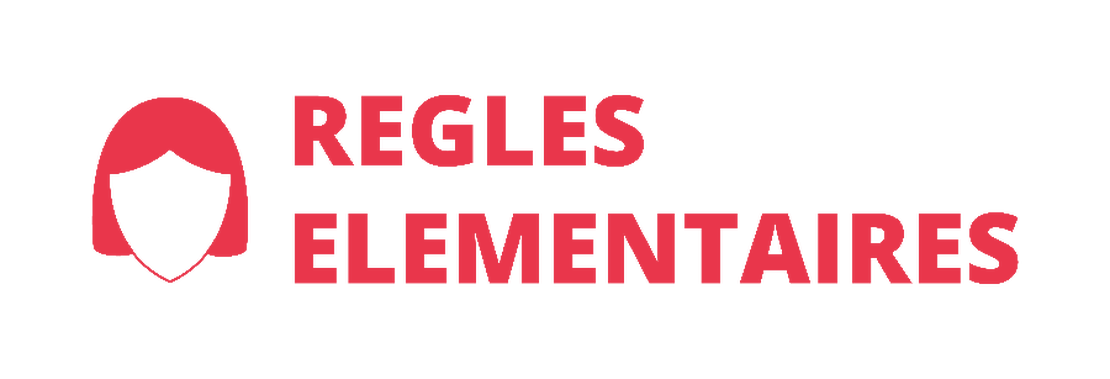
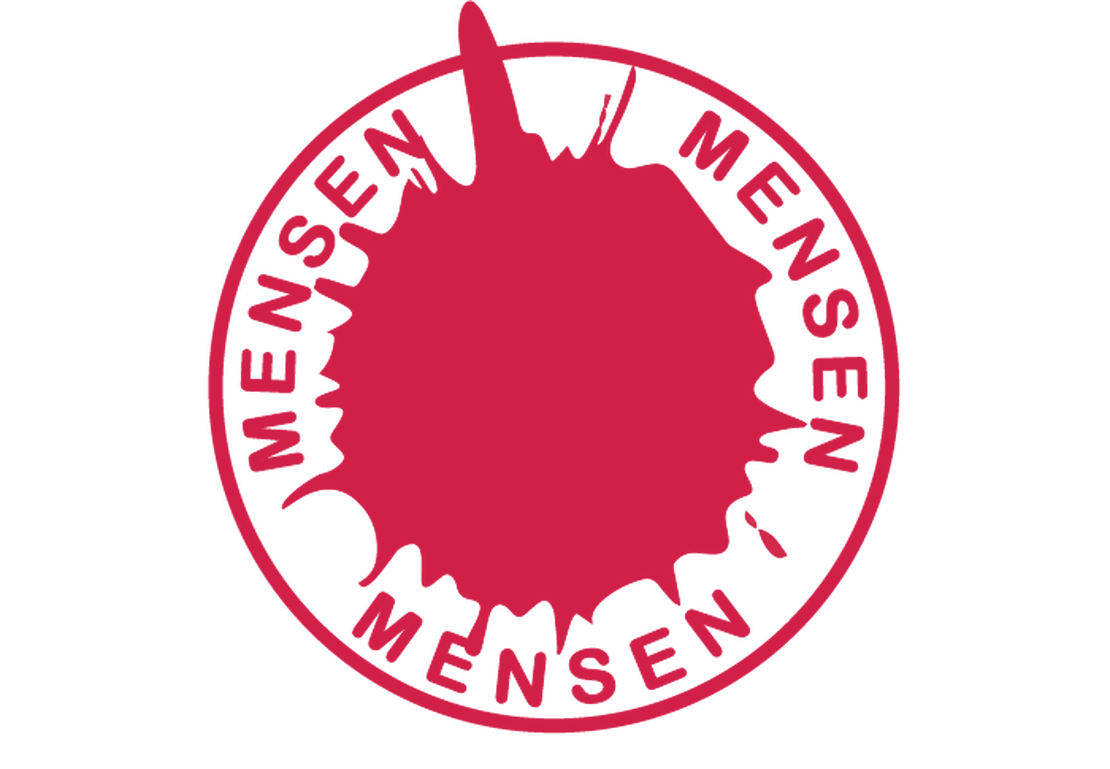
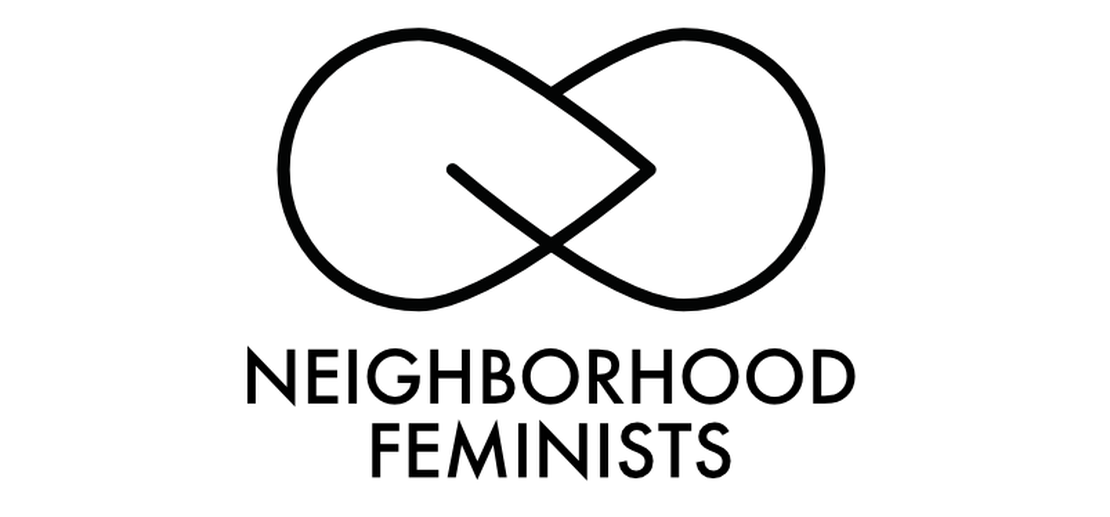
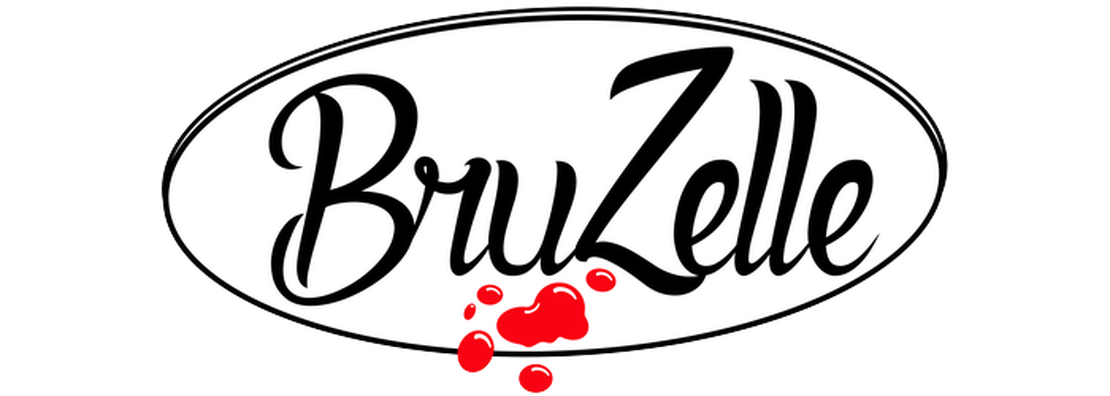


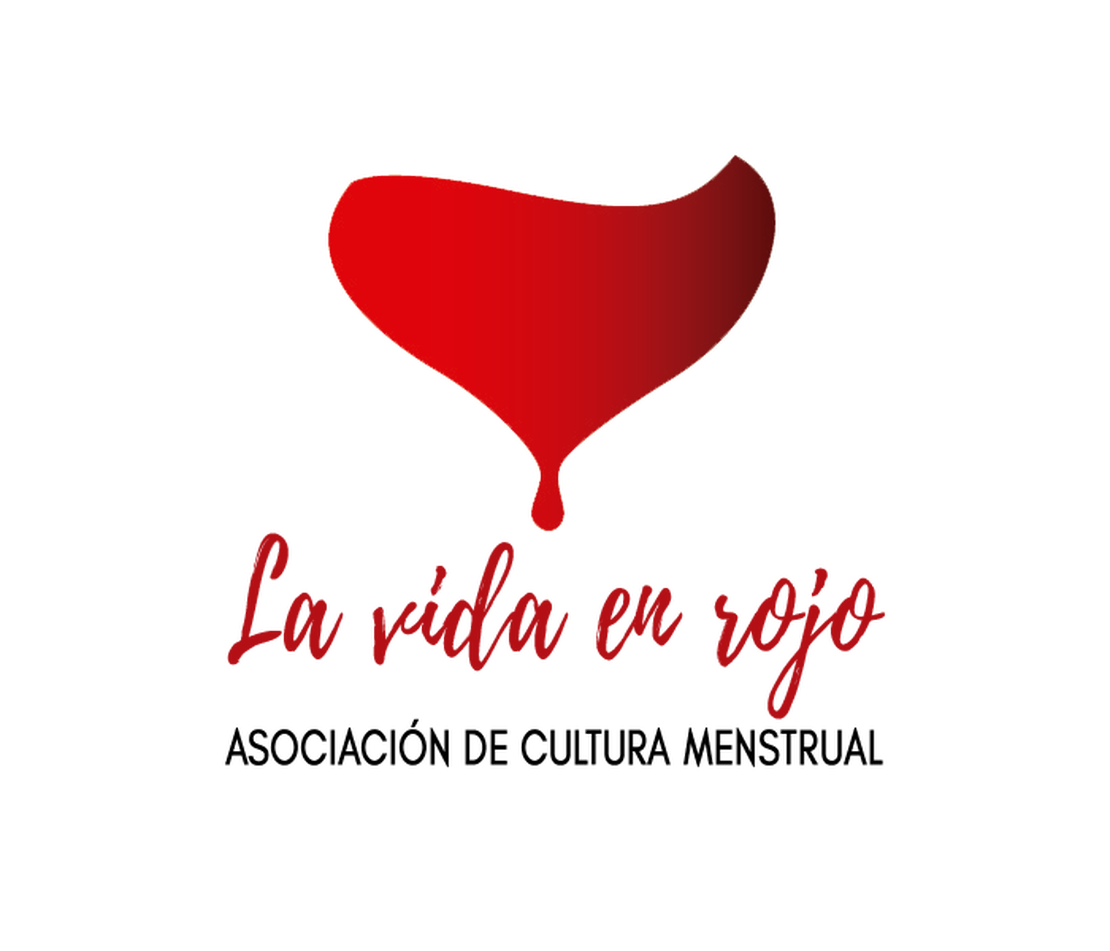
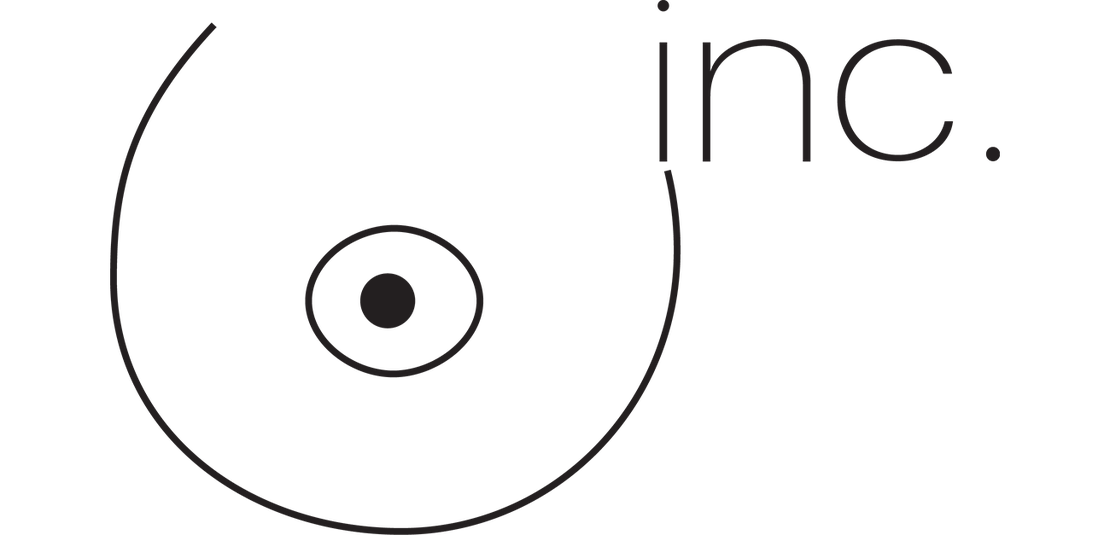
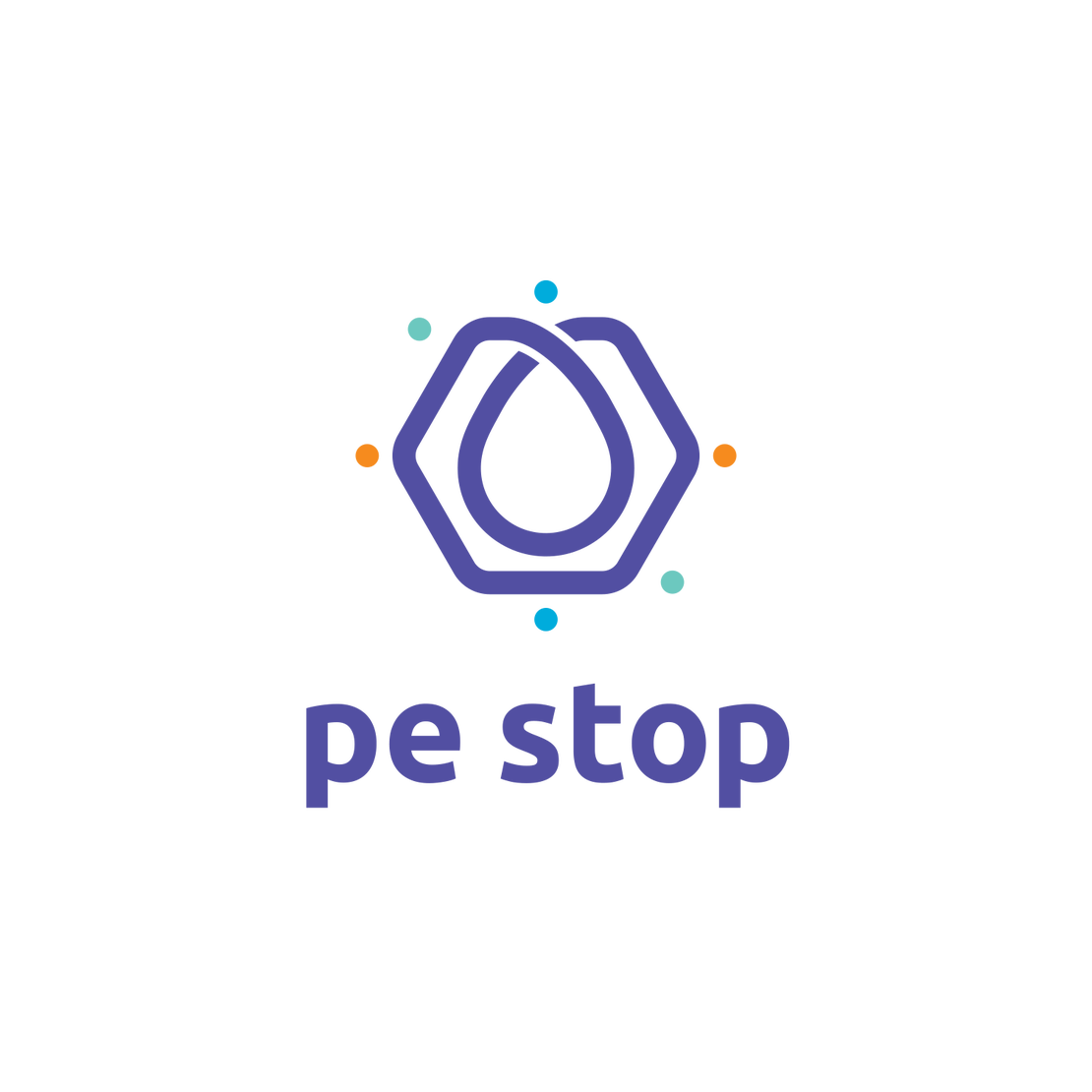
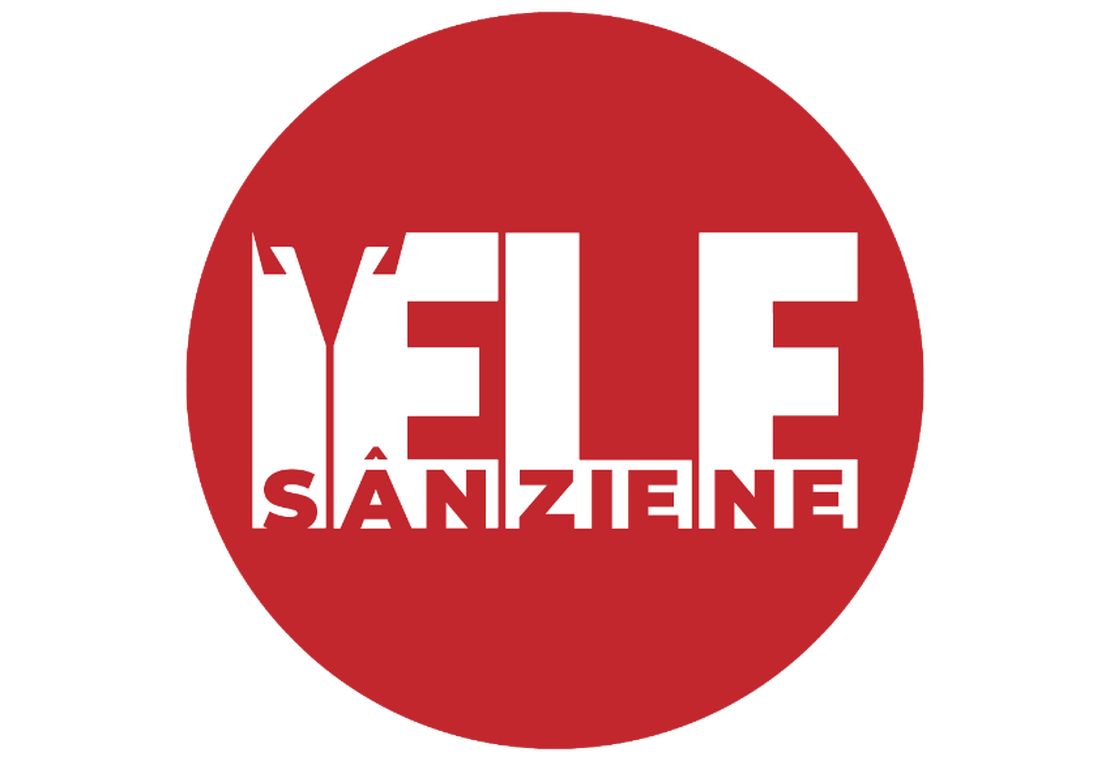
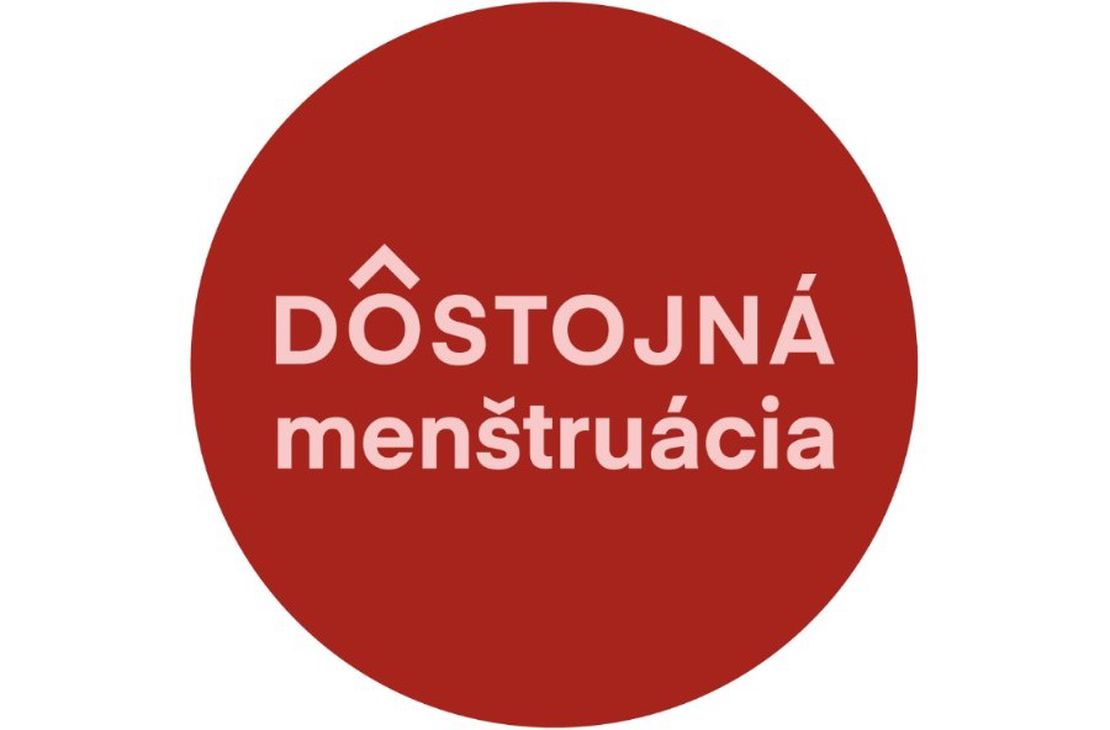
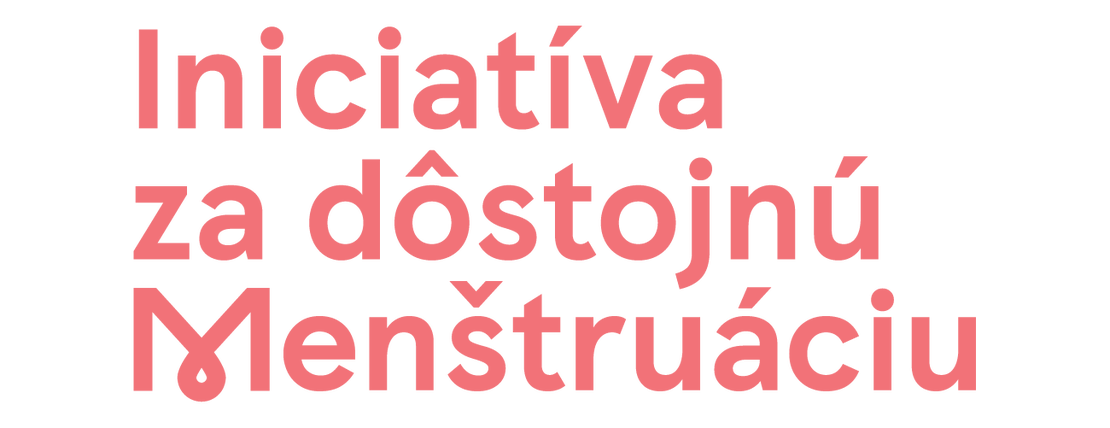
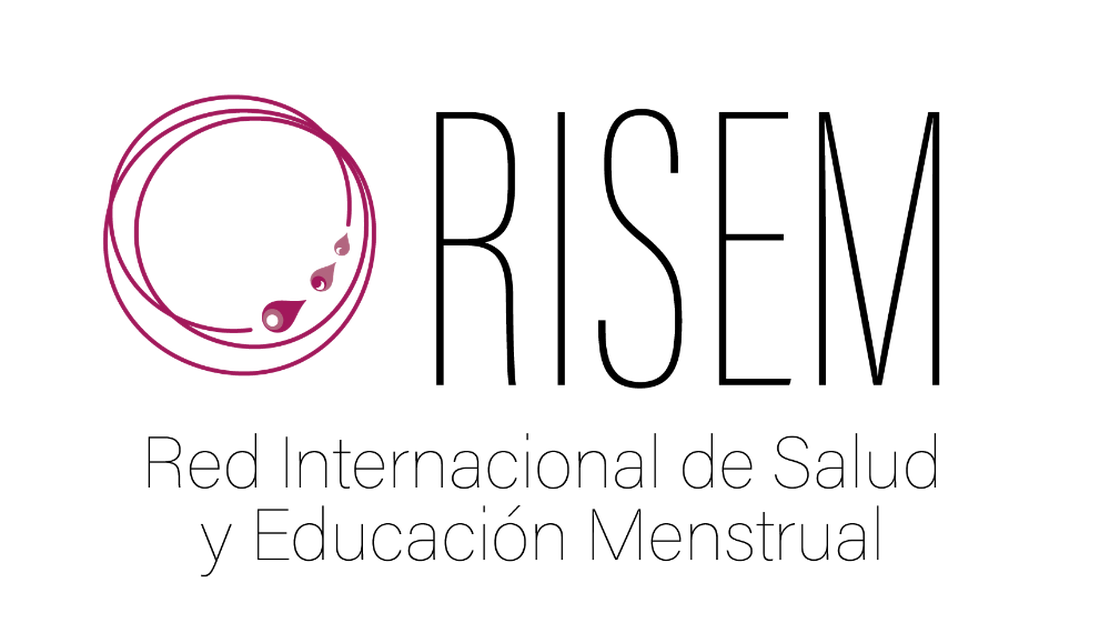
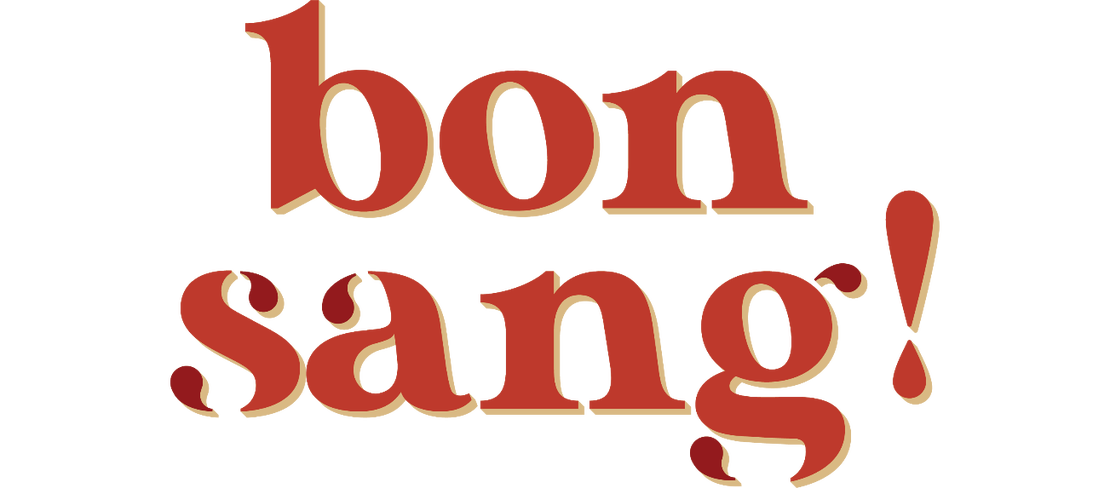
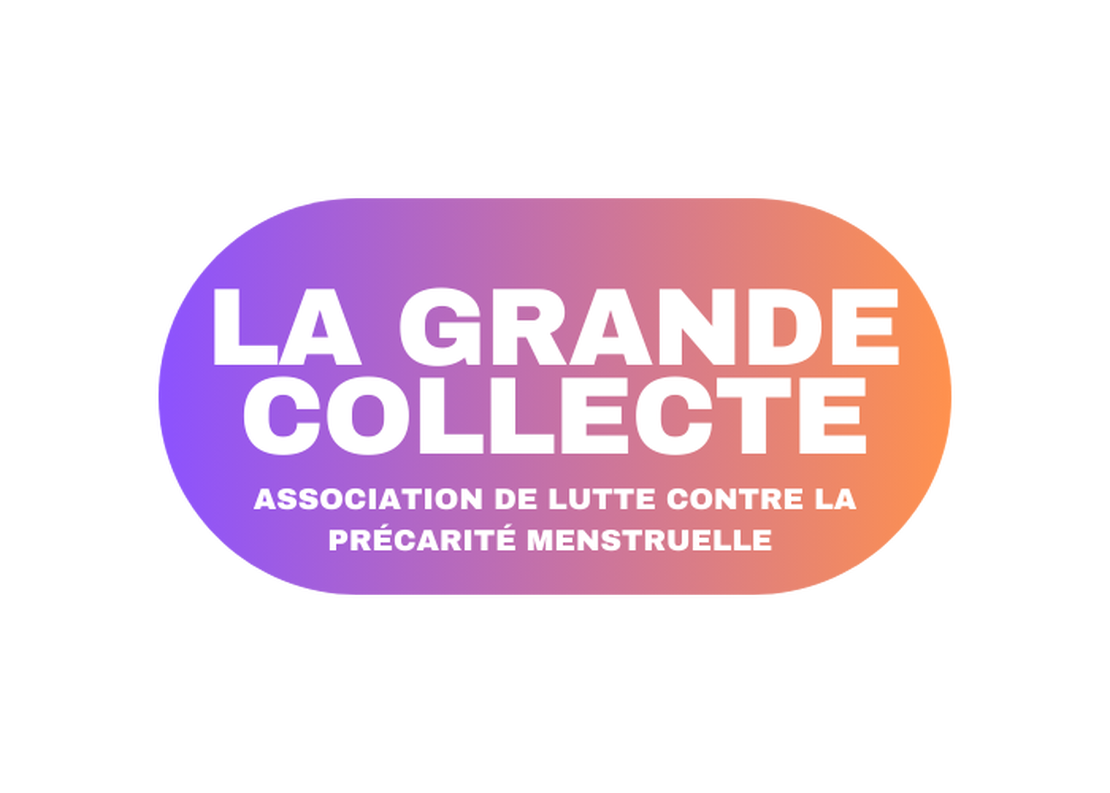
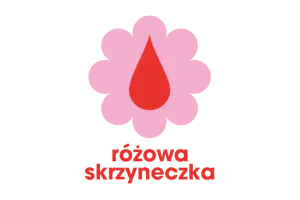
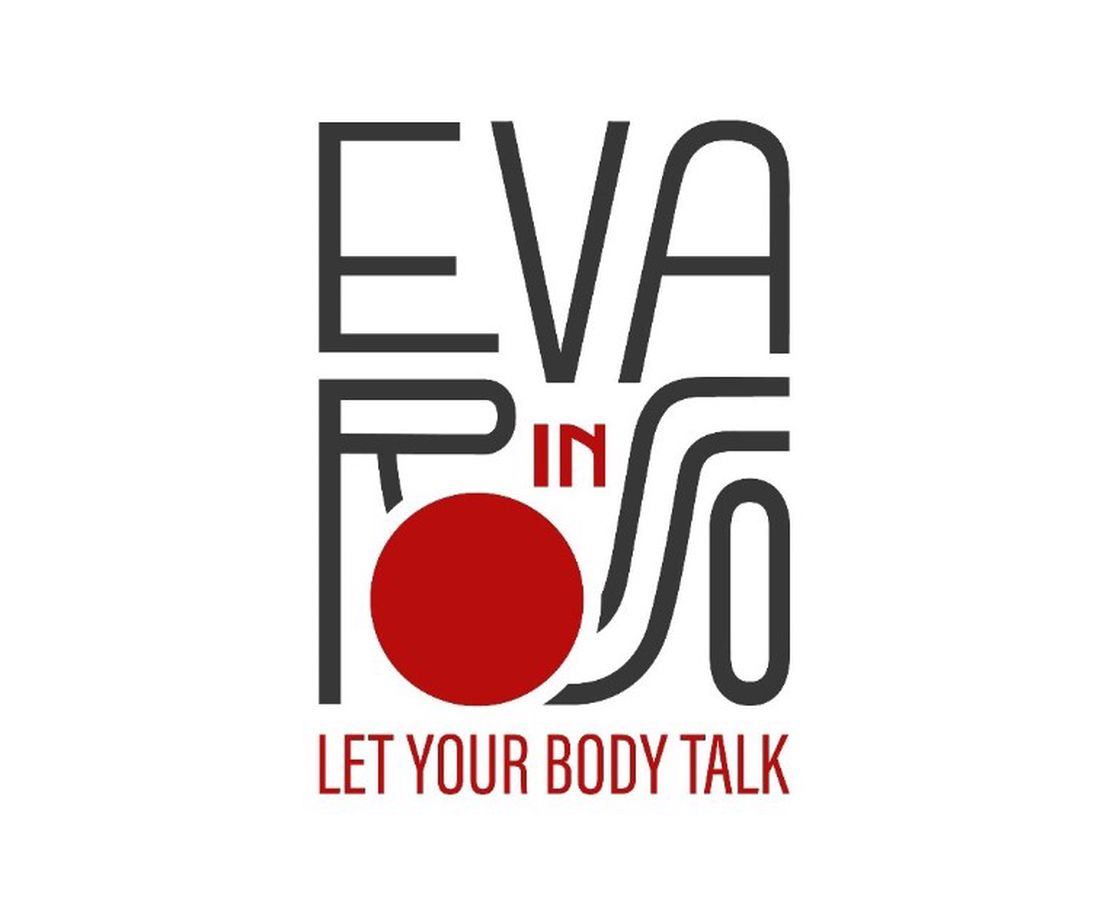
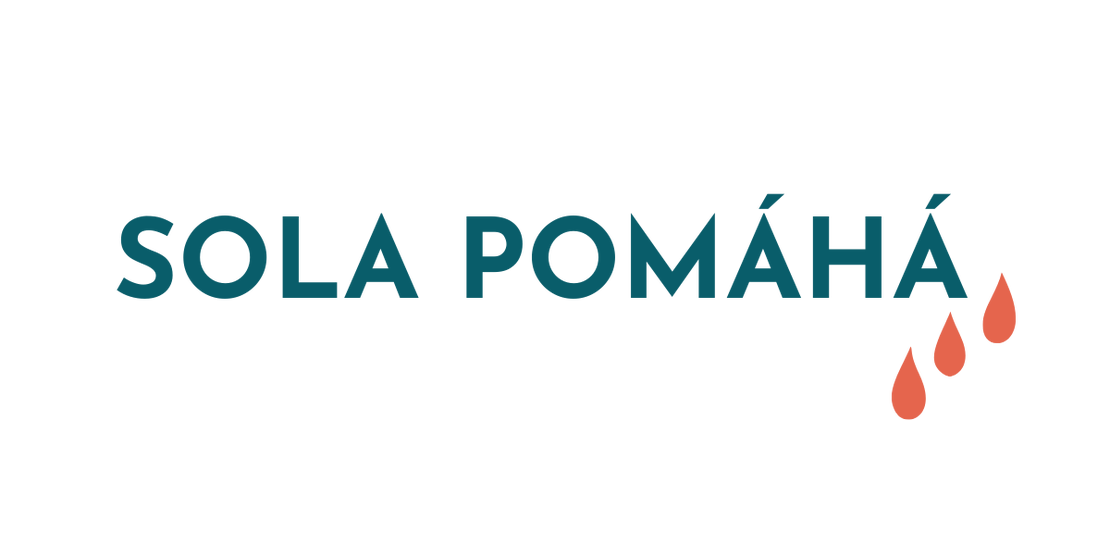
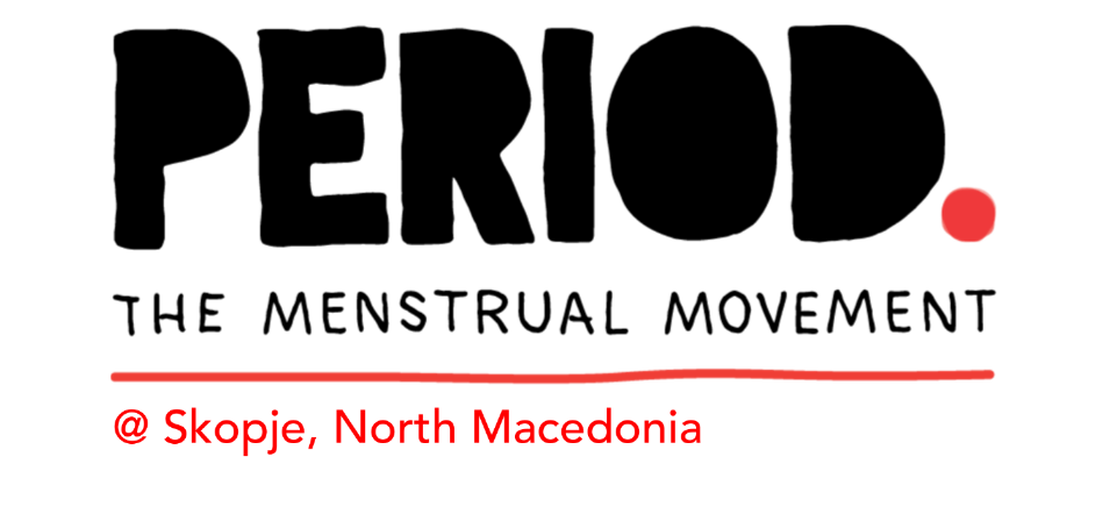

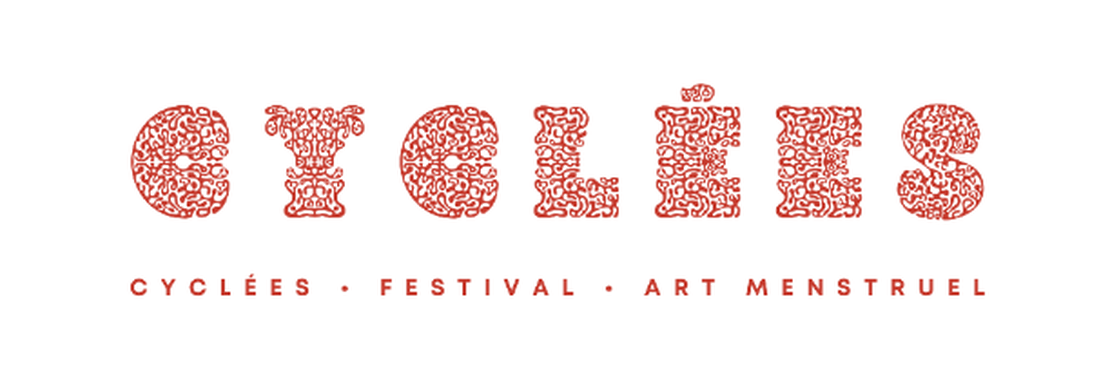
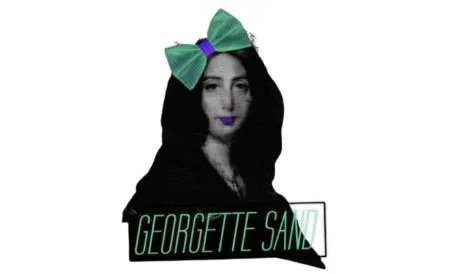
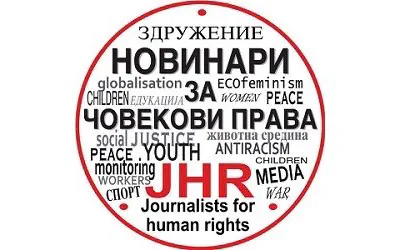
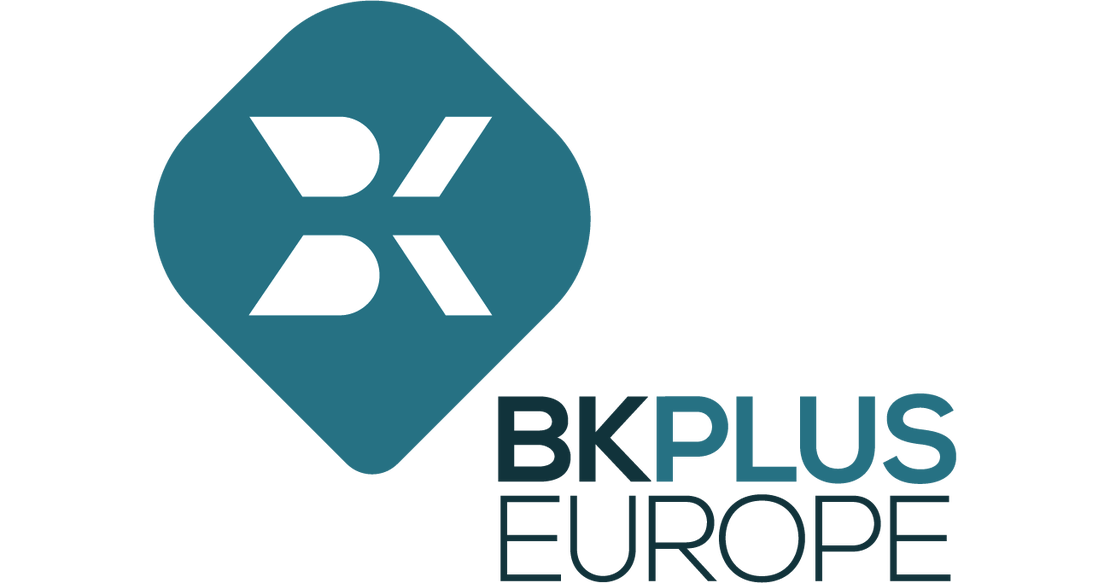
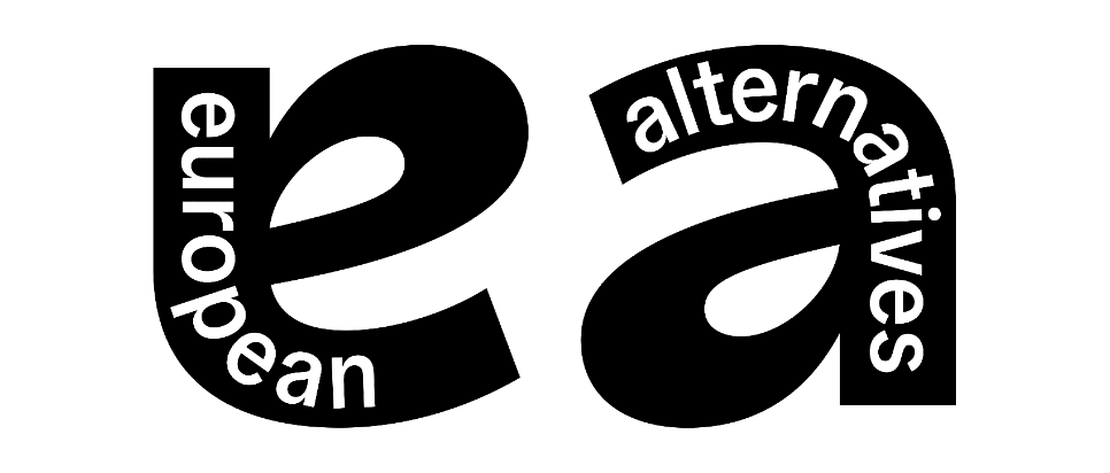

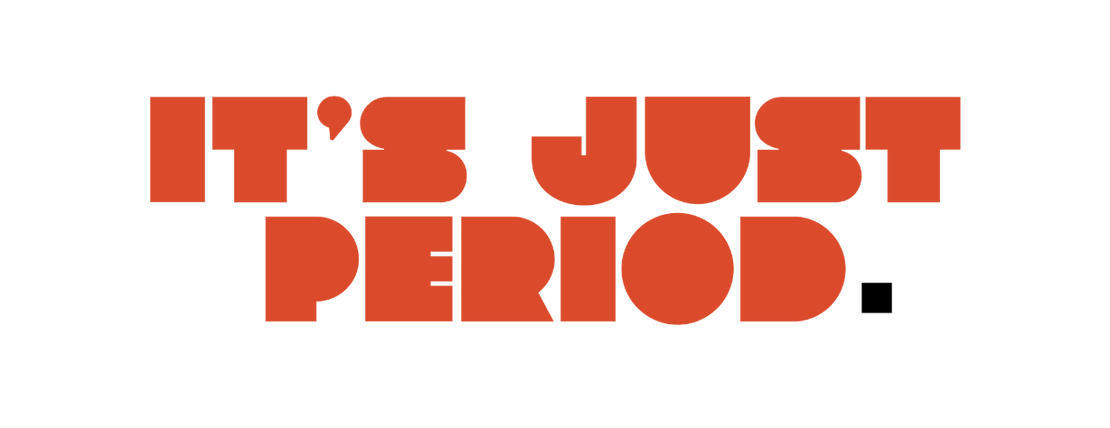
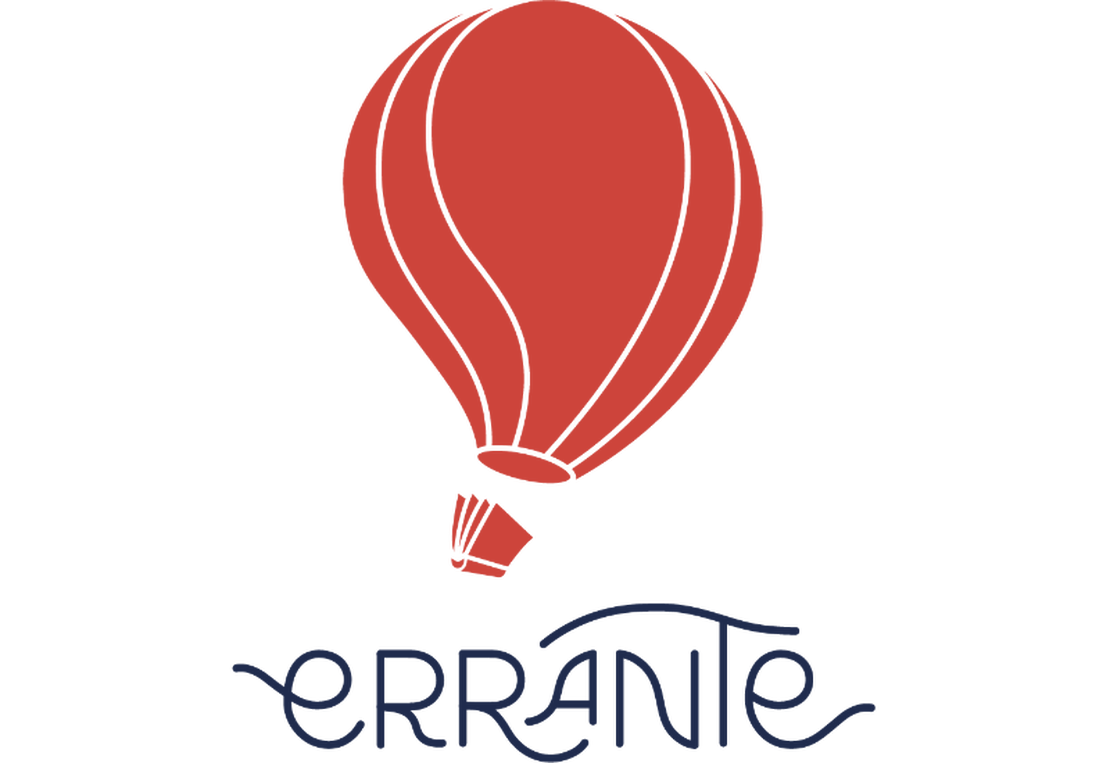
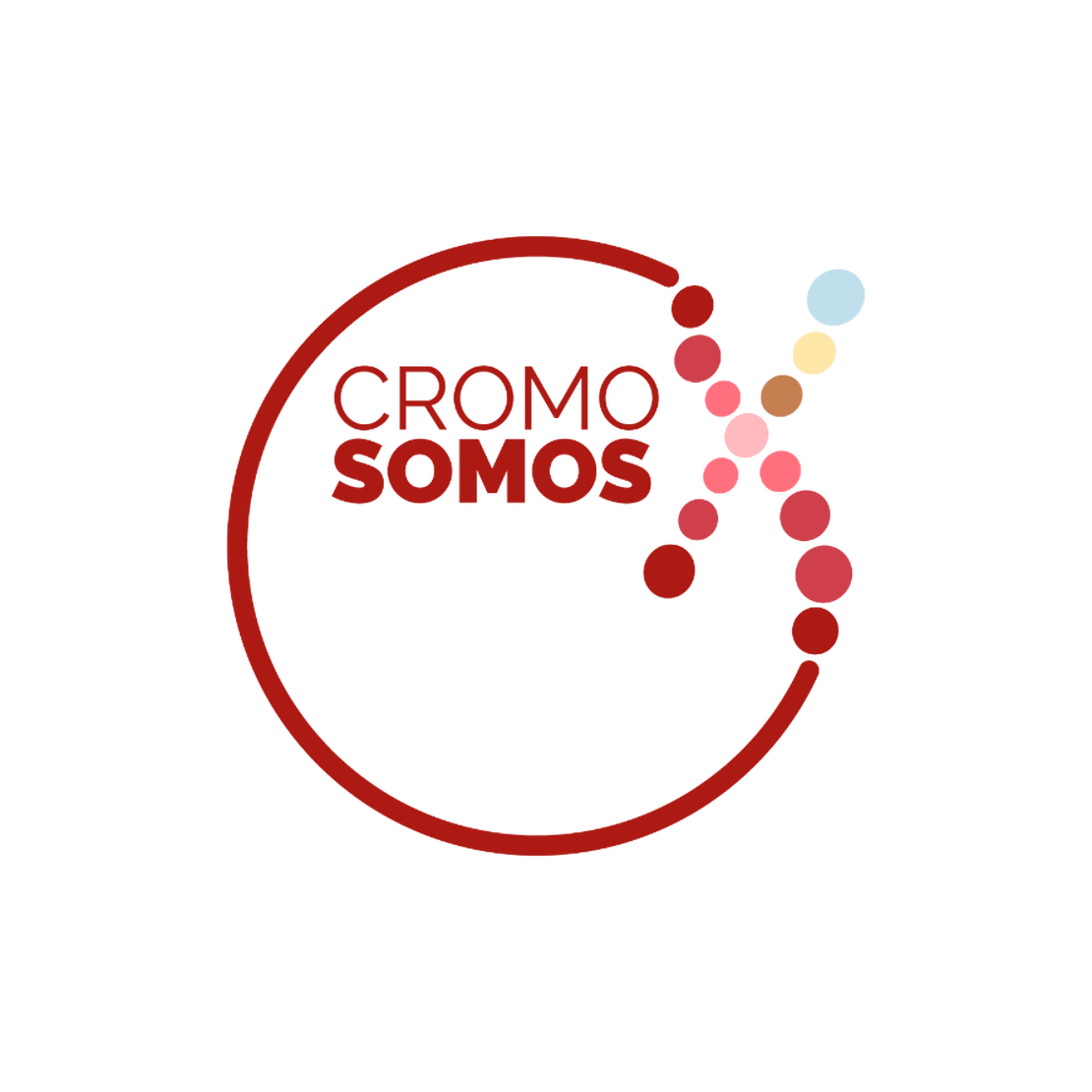
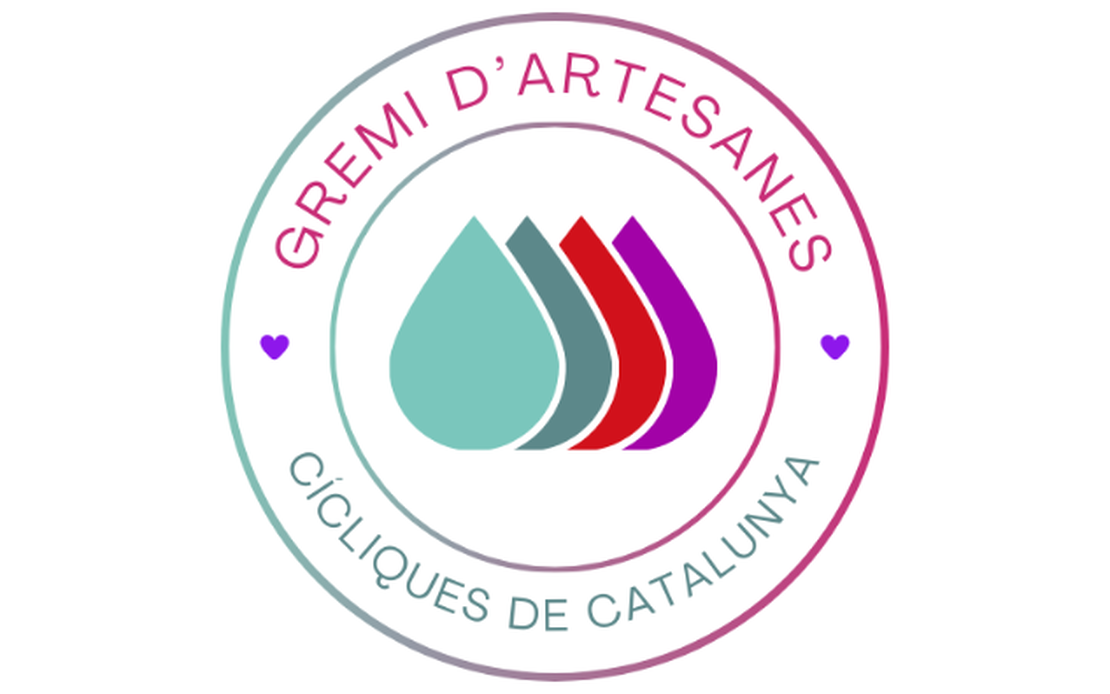
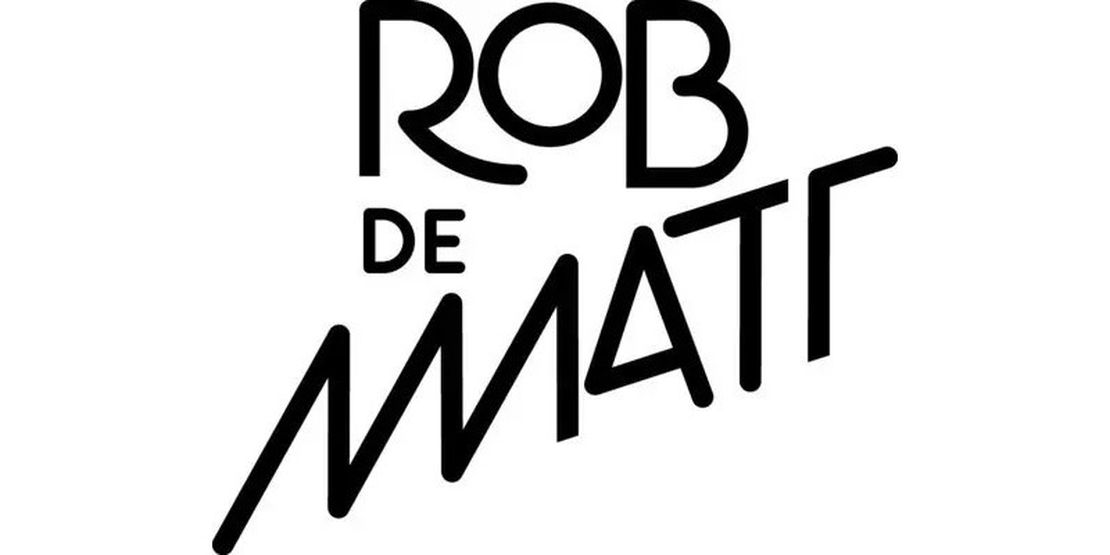

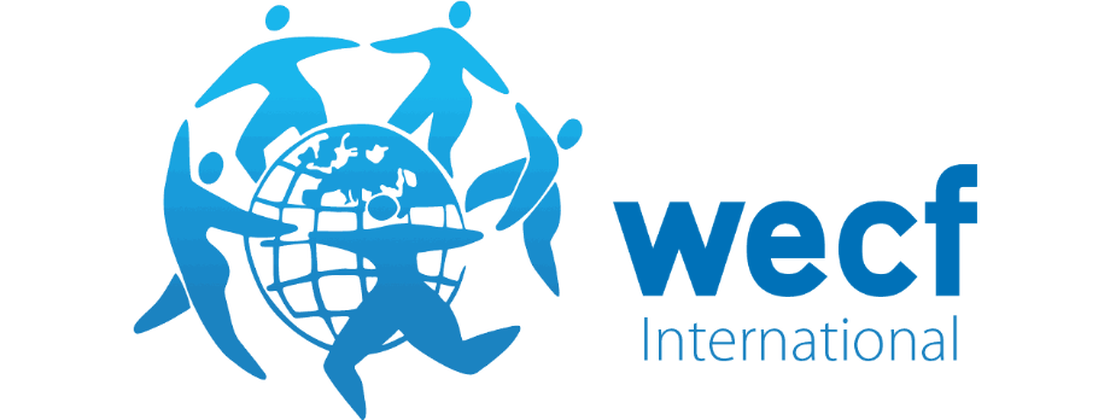
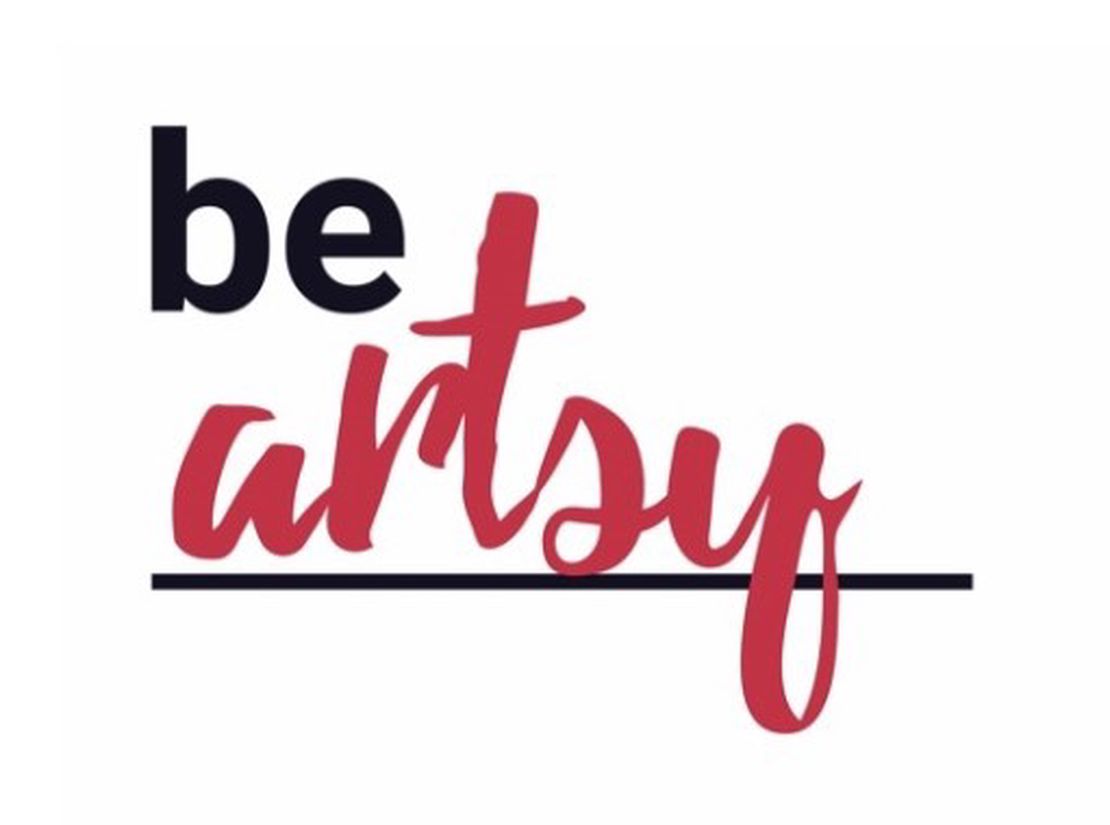
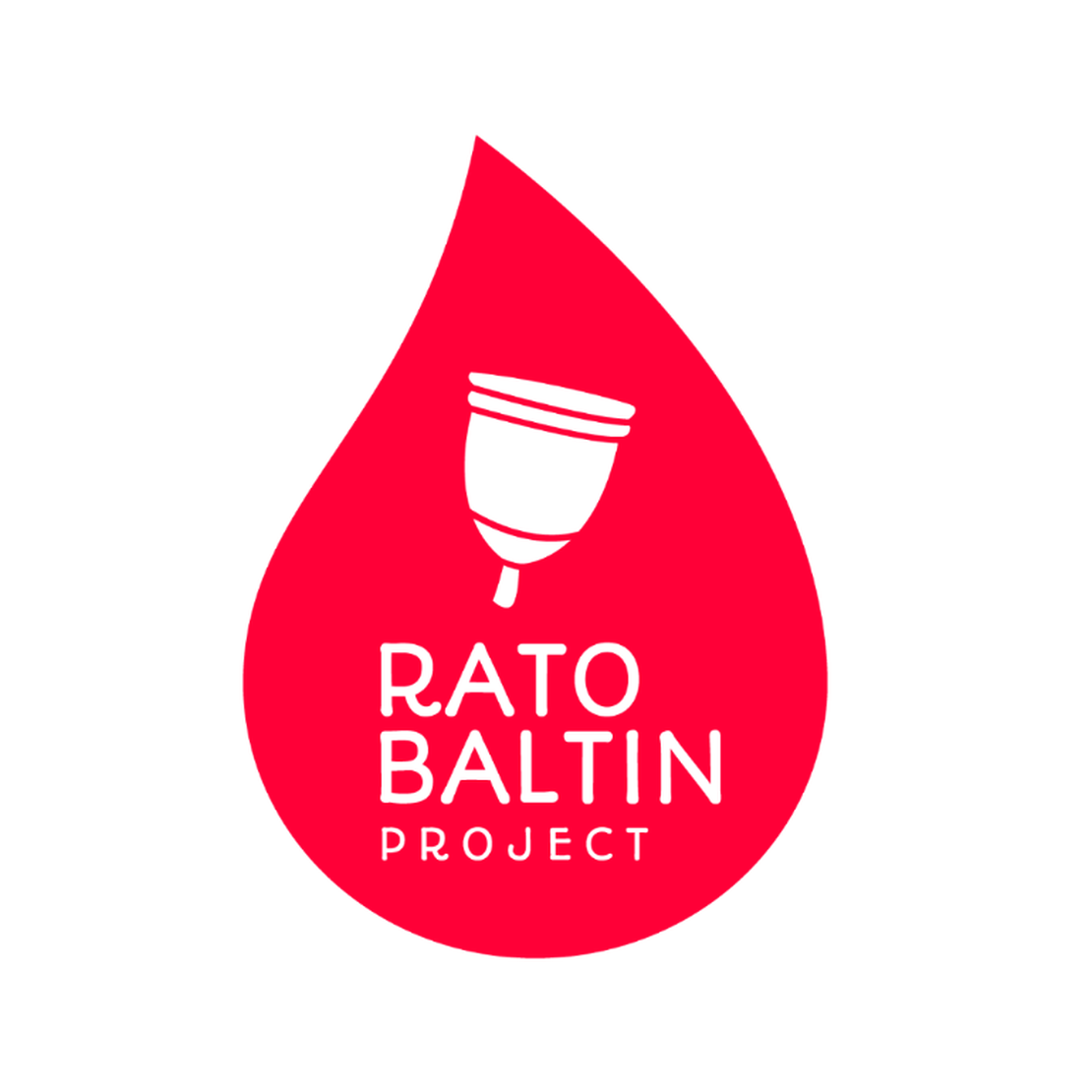
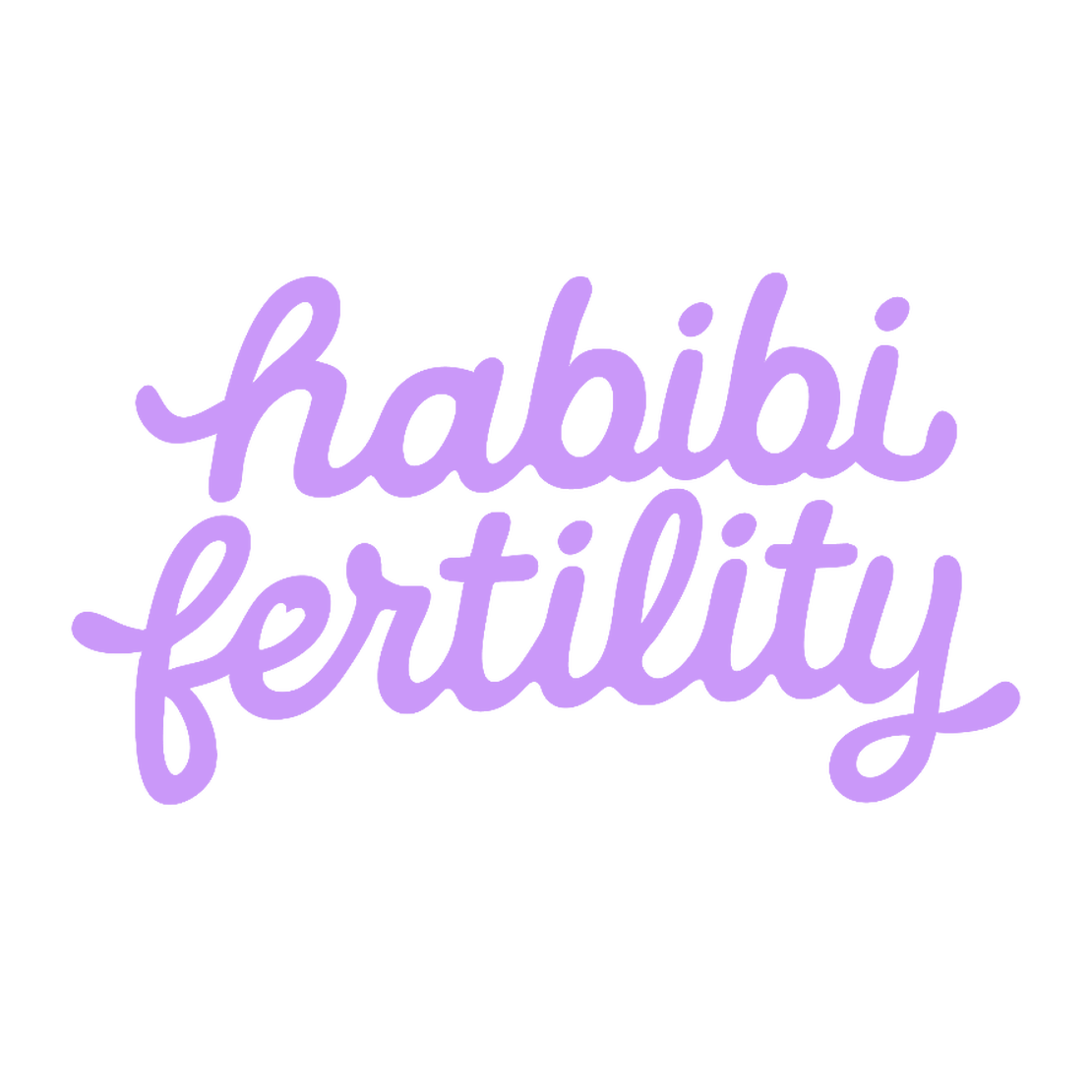
Want to join the movement?
Contact usOur study
Our campaign video
About us
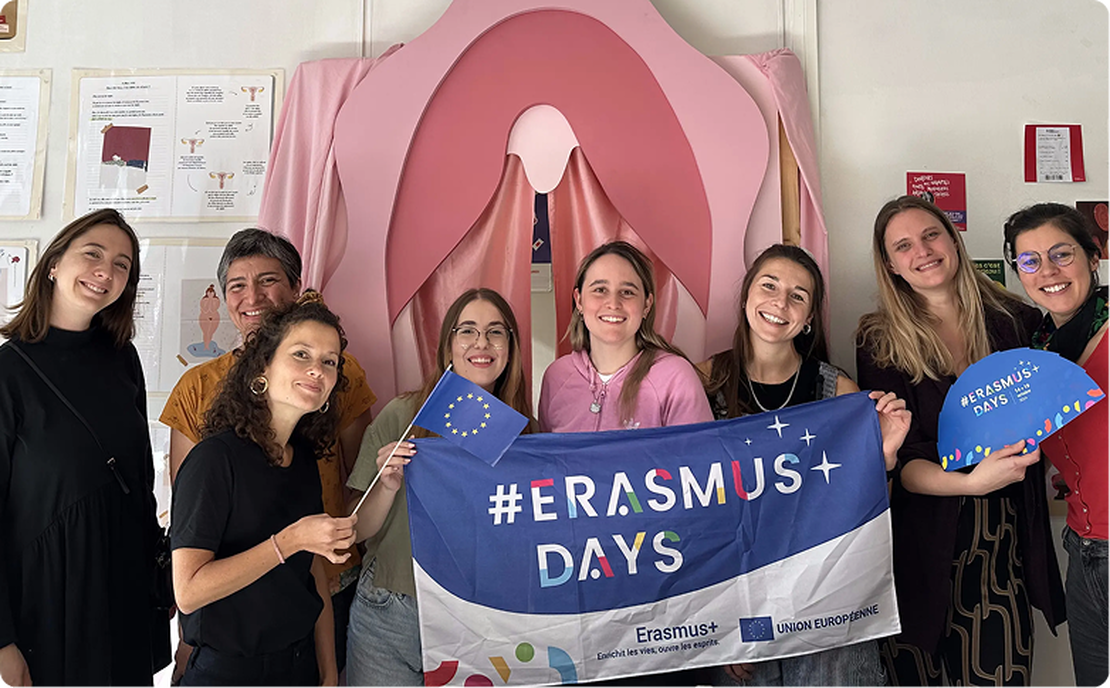
- Practical, direct action
We directly address immediate, actual, and pressing needs, for example through our 65 Menstruation Stations, which are self-serve cabinets stocked with free period products serving about 3500 people each month. - Longer term advocacy
We complement direct action with research and work toward structural change in collaboration with legislators and relevant organizations, in order to sustainably improve equity and representation. - Awareness-building
We engage in targeted education, online and within communities, to share needed knowledge for increased personal autonomy, opportunity and engagement over the long term.
What exactly do we do?
Close communication with homeless shelters and social institutions allows us to know when and where there is a need. This way, we can ensure that donations reach the places where they are most needed. We supply emergency shelters, such as those run by GEBEWO, Berliner Stadtmission, SKF, and the German Red Cross (DRK), directly with menstrual and hygiene products through our crowdfunding page on betterplace.org. In the past, we have also received donations from companies in Germany, such as the Smiling Kangaroohs wine shop in Berlin, Signavio GmbH, Tagesspiegel and others. Through our online community on Instagram and Facebook, we provide education on period poverty and generally on topics such as menstruation, equality, and more. In regular online live sessions, meet-ups, and interviews, our team and community members raise awareness on topics like intersexuality, pregnancy, homelessness, and sexuality. We also offer workshops for companies, schools, and events to engage as many parts of society as possible on this issue. Contact us perioden-system.com
Founded in 2022 by individuals with menstrual- related pathologies and professionals in cyclical health.
Objectives: Raise awareness and provide information about the menstrual cycle; Break the taboo surrounding menstruation; Provide support for menstrual health.
Approach: intersectional, inclusive, interdisciplinary
Values: freedom, accessibility, safe space
Target audience: girls, women, and people who menstruate, of all ages, genders, and sexes Contact us www.evainrosso.com
In response, we organized our first fundraiser in 2020 through which we supplied menstrual products for those affected by period poverty. In 2021 we joined organization InTYMYta and in 2023 we transitioned into a full-time project. Today, we distribute essential menstrual products directly to schools, community centers, and organizations supporting people in need across Slovakia — reaching over 61 locations so far.
Together with Spolka collective we have also developed our own design for a durable Period Cabinet (Menštruačná Skrinka), which is now installed at 31 indoor and outdoor sites. To support broader access, the design is available as an open-source manual, empowering anyone to build their own.
In addition to direct aid, we focus strongly on education and advocacy. Our organization, Intymyta, is the leader in comprehensive sexual education (CSE) in Slovakia. We deliver workshops for students, parents, teachers, and healthcare professionals, and we are committed to advancing research and advocacy around menstrual exclusion and dignity. Contact us www.intymyta.sk








